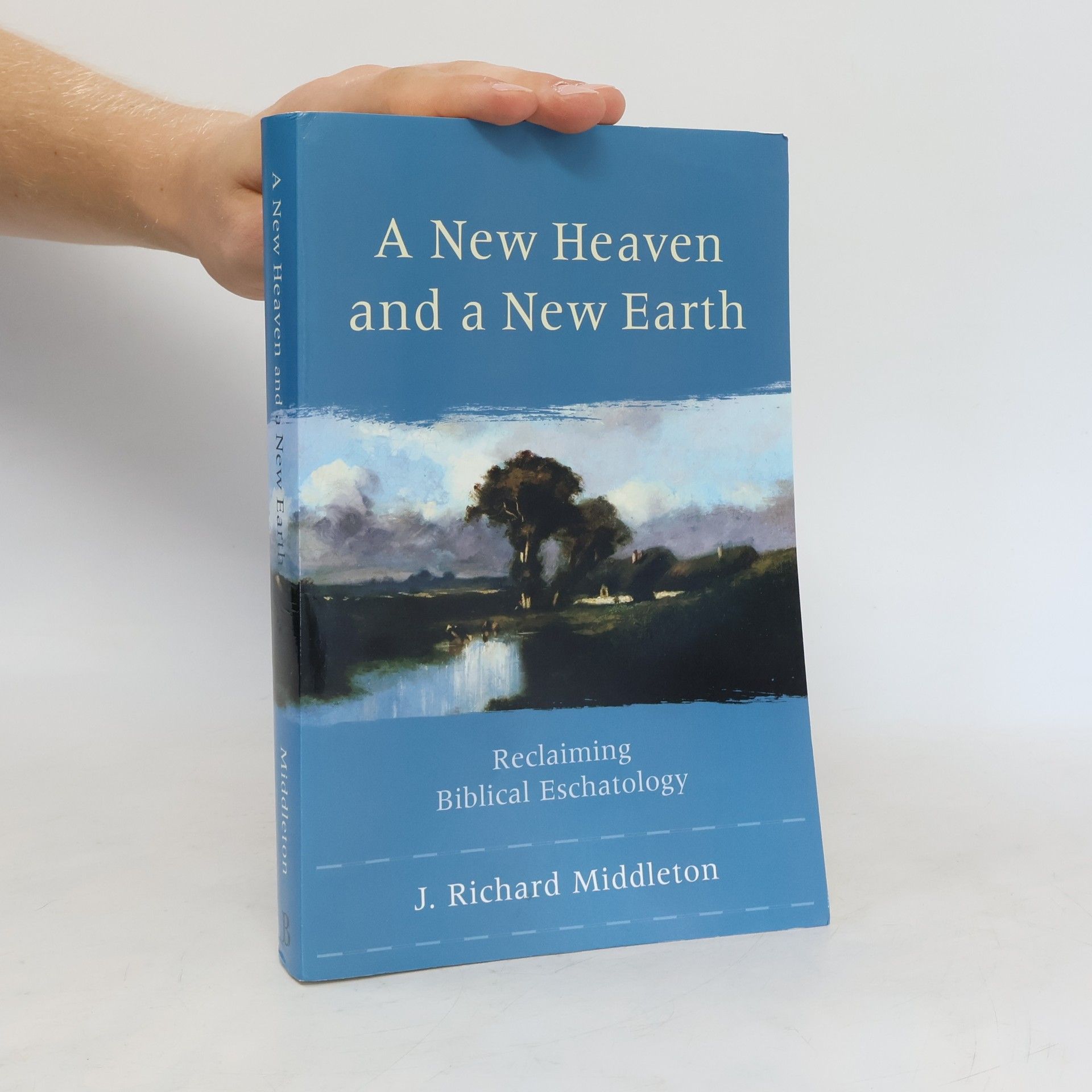Abraham's Silence
- 272pages
- 10 heures de lecture
A widely respected scholar suggests we have misread and misapplied the story of the binding of Isaac and shows that God desires more than silent obedience in difficult times.
J. Richard Middleton est professeur de vision du monde biblique et d'exégèse, profondément engagé dans la compréhension des textes anciens et de leur pertinence moderne. Son érudition explore comment les images et les récits bibliques peuvent offrir libération et transformation aux perspectives contemporaines. Le travail de Middleton se caractérise par son approche rigoureuse et ses profondes réflexions sur le pouvoir durable des écritures. Il cherche à jeter un pont entre la sagesse ancienne et la compréhension moderne.


A widely respected scholar suggests we have misread and misapplied the story of the binding of Isaac and shows that God desires more than silent obedience in difficult times.
Drawing on the full sweep of the biblical narrative, Middleton makes a case for the new earth as the appropriate Christian hope and suggests its ethical and ecclesial implications.